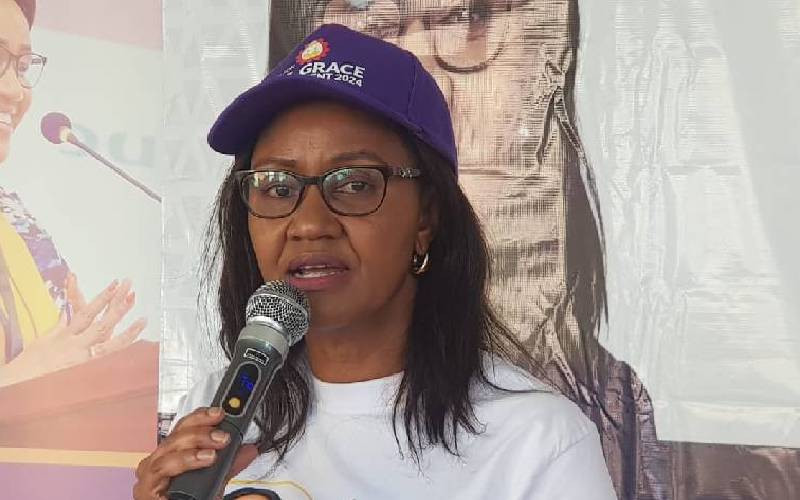
Audio By Vocalize

Engineers are set to cast their votes next Thursday as they search for a new president of the Institute of Engineers of Kenya in a battle that pits Eng Grace Kagondu, current first Vice President at IEK, against Eng Shammah Kiteme, a consulting engineer.
The two candidates are promising to put in place mechanisms that will offer more opportunities for engineers both locally and in the diaspora. They also say they will deal with the menace of collapsing buildings, which they both noted was largely on account of developers that cut corners and fail to incorporate professionals during the construction phase of a project.
